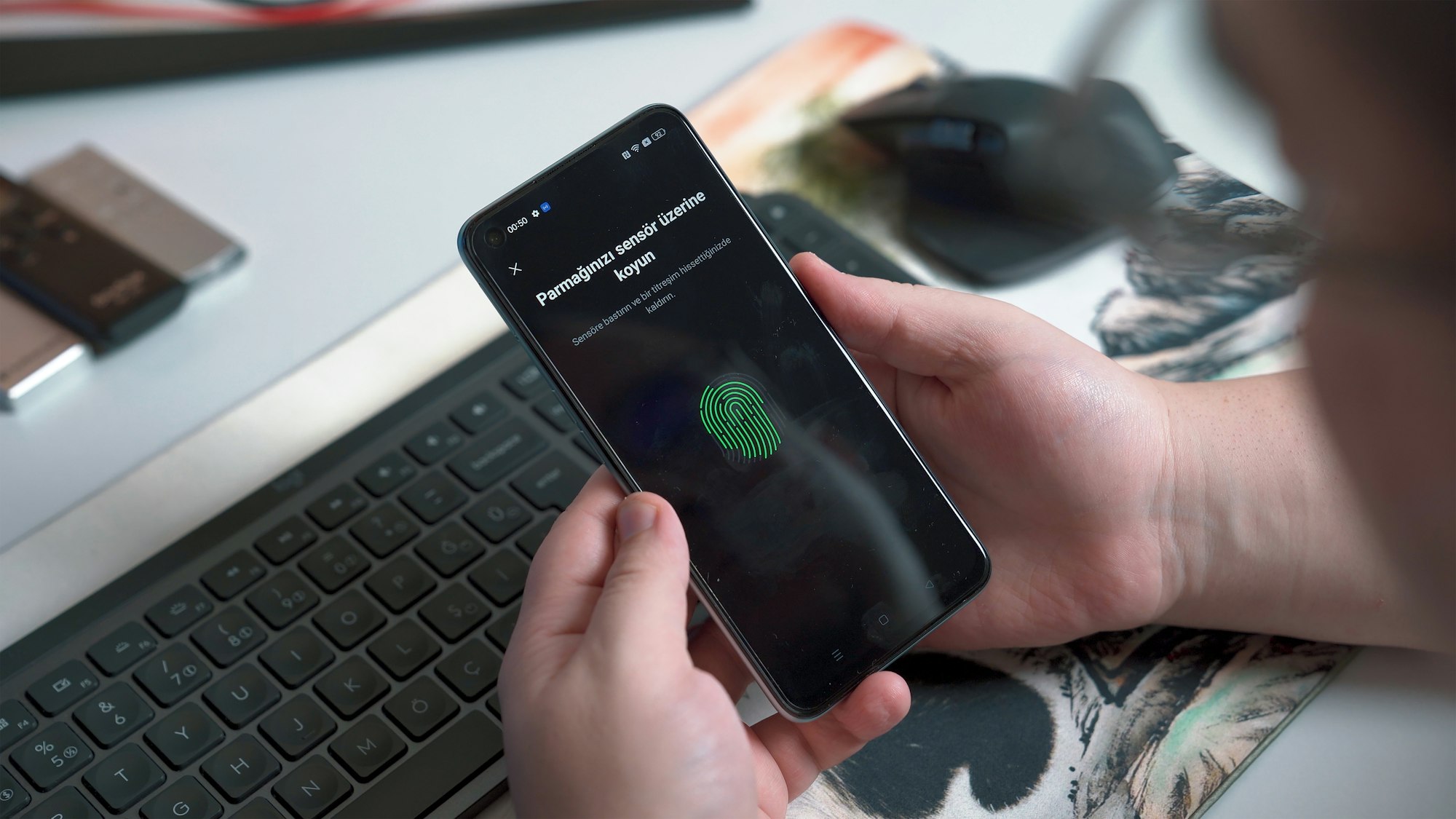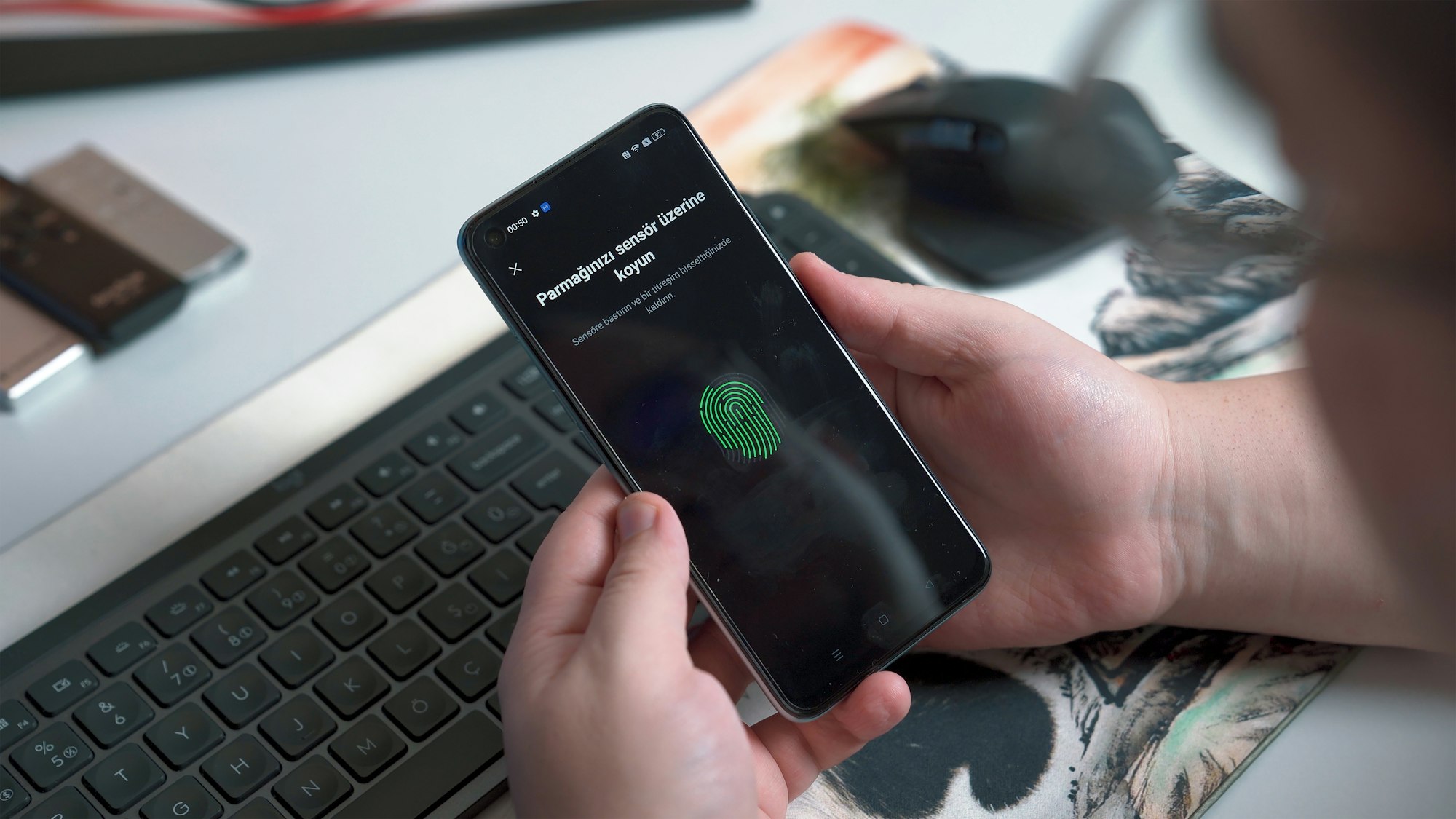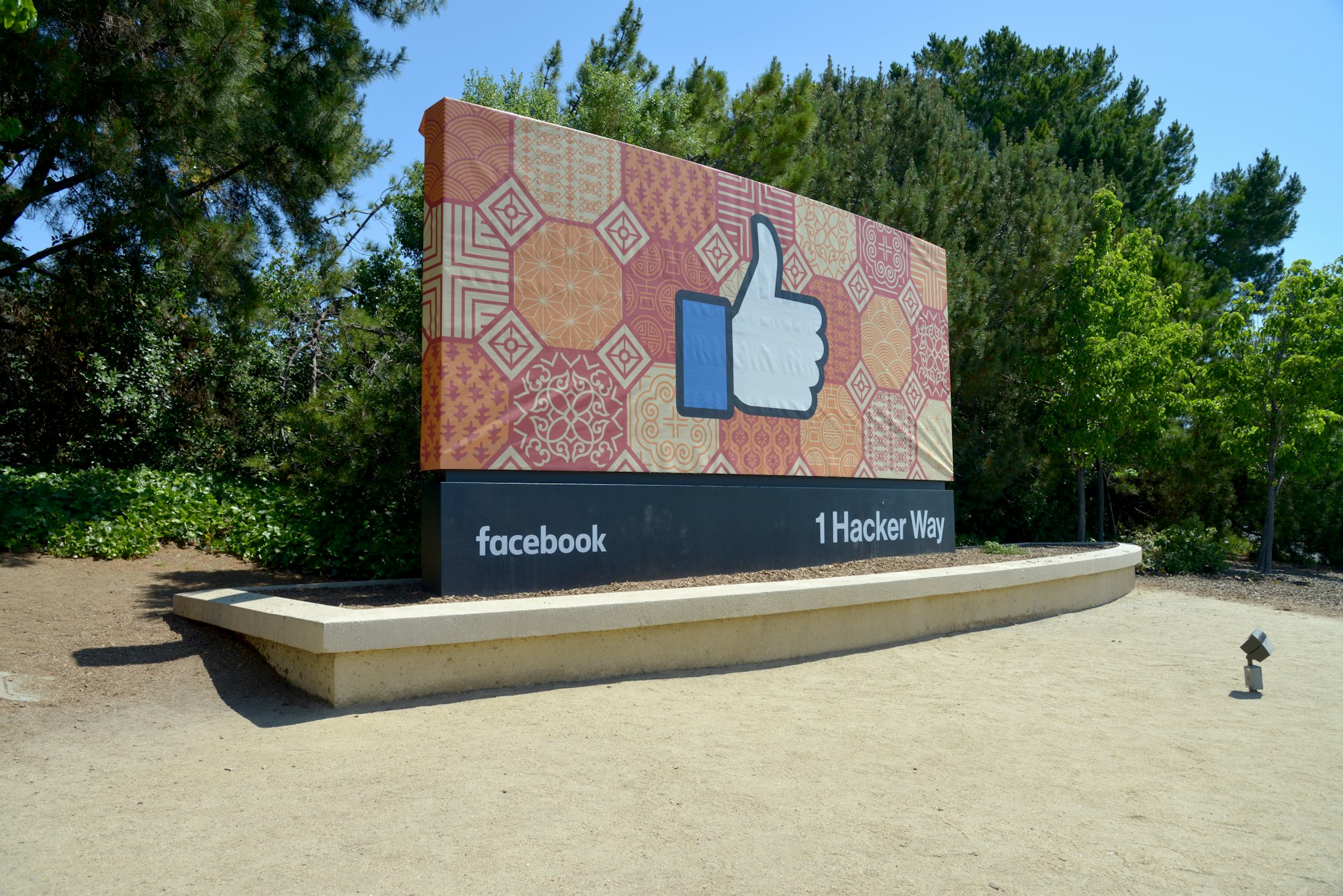World's Iris-Scanning Technology: A Privacy Perspective on the Future of Digital Identity

As Sam Altman's Worldcoin (recently rebranded as "World") launches its biometric identity verification technology in the United States, important privacy questions emerge about the collection, storage, and use of sensitive iris biometric data. The company's US expansion marks a significant milestone in its mission to establish a global, secure digital identity system in our AI-dominated era. But what are the privacy implications of this technology?

The Technology: Scanning Your Most Unique Biometric Marker
At the core of World's system is the spherical "Orb" device, designed to scan a person's iris to generate a unique digital identifier called the World ID. This biometric approach aims to distinguish humans from AI entities, targeting concerns about digital impersonation and fraud. While the company emphasizes a privacy-first approach, the very nature of collecting something as permanent and unique as iris biometrics raises significant questions.
According to World, the process is designed to be privacy-centric, with biometric data anonymized and stored securely. However, privacy advocates might question whether any collection of biometric data can truly be "private" - unlike passwords or other credentials, you cannot change your iris if this data is ever compromised.

The Incentive Structure: Trading Biometric Data for Cryptocurrency
Users who undergo the iris scan receive Worldcoin's cryptocurrency token, WLD, as an incentive. New U.S. participants are granted 16 WLD tokens upon verification, while existing users receive a "pioneer grant" of 150 WLD. This transaction—biometric data for financial incentives—represents a new frontier in the commodification of personal data.
From a privacy standpoint, this raises questions about informed consent. Are users, particularly those attracted by the financial incentive, fully understanding the long-term privacy implications of having their iris scanned and registered in World's system?
Regulatory Scrutiny and International Concerns
World's international rollout hasn't been without obstacles from privacy regulators. In Europe, countries including Spain and Portugal have expressed concerns about data protection, which led to temporary suspensions and investigations into World's data collection practices.
These regulatory interventions highlight the tension between innovative technology and established privacy frameworks. As the US lacks comprehensive federal privacy legislation comparable to Europe's GDPR, the domestic regulatory response to World's technology remains uncertain.

Privacy Enhancements and Company Response
In response to privacy concerns, World has reportedly been proactive in enhancing its privacy measures, including developing a more compact "Orb Mini" device designed to be more accessible and user-friendly. But technical improvements to the scanning device don't necessarily address fundamental questions about data ownership, control, and potential future uses.
A critical privacy question remains: What happens if World pivots its business model, is acquired, or faces legal challenges requiring data disclosure? The permanence of biometric data makes these questions particularly consequential.
Balancing Innovation with Privacy Protection
World's broader vision is to establish a decentralized, global identity system empowering individuals in the digital age. By providing a reliable method to verify human identity online, World aims to combat challenges posed by AI-generated content, deepfakes, and digital fraud.
This vision presents genuine benefits in an era of increasing AI-generated content and identity fraud. A reliable human verification system could protect against spam, bots, and impersonation. However, the privacy trade-offs deserve careful consideration.
The integration of World ID across various platforms could potentially transform sectors like finance, education, and social media by ensuring interactions between verified human users. Yet this widespread integration also raises concerns about creating a single point of failure for identity verification and the potential for tracking across platforms.
Looking Forward: Privacy Questions for World's Expansion
As World continues expanding with plans to deploy approximately 7,500 Orb devices across the U.S. by year's end, the company faces the dual challenge of scaling its technology while addressing privacy concerns.
The path forward involves balancing the benefits of secure digital identity with concerns about privacy and data protection. World's success may ultimately depend on its ability to maintain transparency, comply with regulatory standards, and earn public trust.
Key Privacy Considerations
For individuals considering World's technology, several privacy questions deserve consideration:
- Data Persistence: Unlike passwords or security tokens, biometric data cannot be changed if compromised
- Consent Evolution: How will World handle consent if it expands the use of collected data beyond its original purpose?
- Centralization Risks: Does creating a universal ID system introduce new centralization risks?
- Regulatory Framework: What oversight mechanisms exist to protect users' biometric data?
- Exit Rights: Can users truly delete their data and exit the system completely?
Conclusion
World's iris-scanning technology represents a bold approach to establishing verified human identity in the digital realm. While its benefits for combating AI impersonation and digital fraud are considerable, the privacy implications of collecting permanent biometric identifiers require careful scrutiny from users, regulators, and privacy advocates alike.
As this technology expands across the United States, the conversation around biometric data collection, consent, and control will only grow more important. World's success may ultimately depend not just on technical innovation, but on its ability to address these fundamental privacy questions in a transparent and user-centric manner.








